Medicinal Mushrooms and Brain Health: Harnessing Nature's Pharmacy
Share
In recent years, the medical application of psychedelic mushrooms has progressed rapidly. Compounds such as psilocybin, ayahuasca, ibogaine, MDMA, and LSD are being explored as potential breakthrough treatments for millions of Americans suffering from depression, traumatic brain injury symptoms such as PTSD, and various addictive disorders. State governments are funding research studies at reputable educational institutions, while the federal government is gradually shifting away from its longstanding legal opposition to these substances, which have been classified as Schedule 1 drugs since 1971, indicating that they have "no medicinal value" and are "highly addictive." Both issues are totally false.
Prominent institutions such as Stanford and Harvard have produced studies demonstrating the significant benefits of these psychedelic compounds in treating conditions that have been resistant to conventional therapies. Additionally, a 2023 article titled "Neuroinflammation as a Barrier to the Success of Psychedelic-Assisted Therapies" highlights that neuroinflammation can adversely affect the neurochemical pathways involved in psychedelic-assisted therapy (PAT). Neuroinflammation impacts neurotransmitters and their receptors, potentially diminishing the therapeutic benefits of PAT.
Therefore, it is advisable to pretreat all candidates undergoing PAT with an approach that can reduce inflammation. This preemptive approach aims to maximize the efficacy of psychedelic-assisted therapies by addressing the underlying neuroinflammatory barriers that might otherwise impede treatment success.

